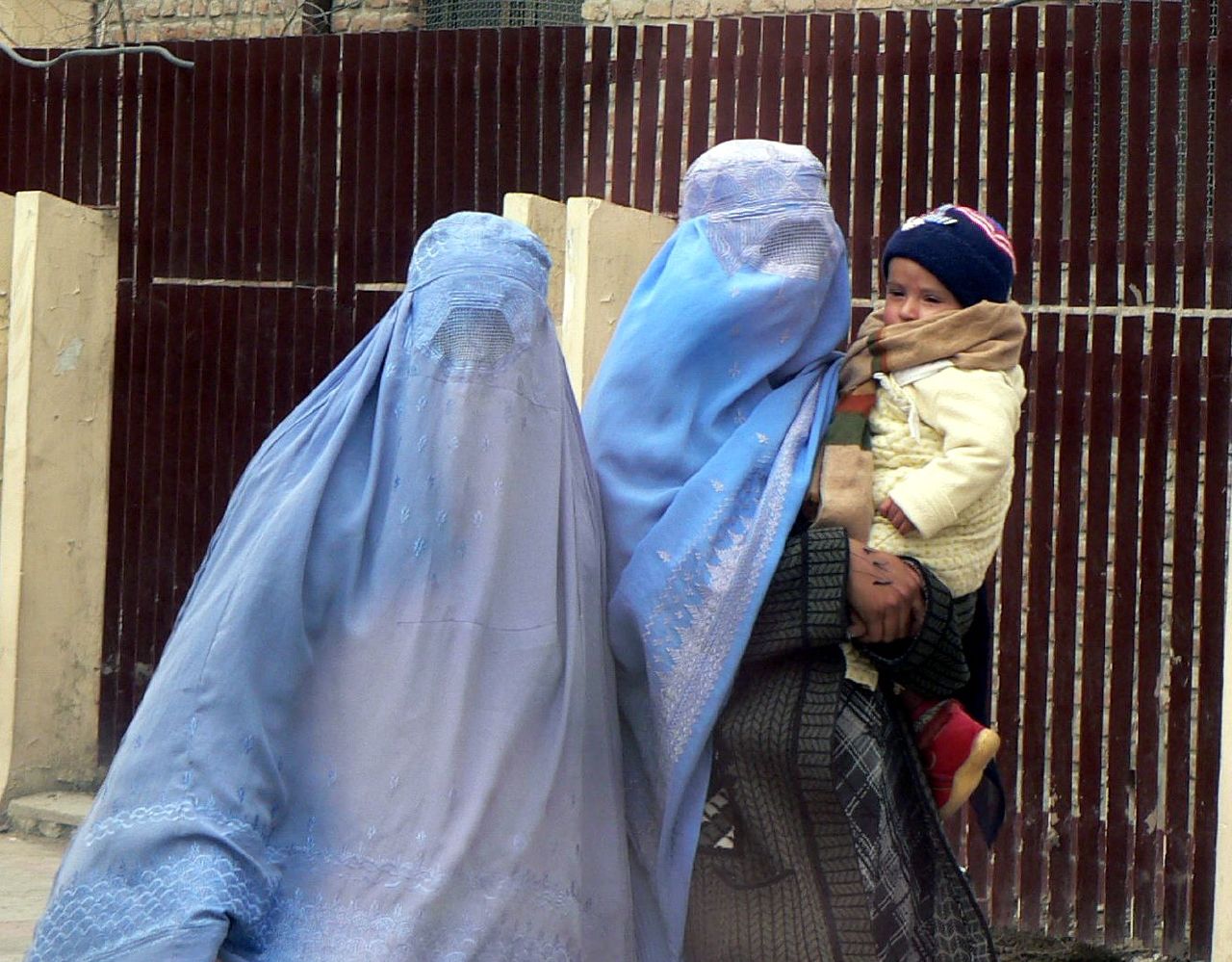- About
- Topics
- Picks
- Audio
- Story
- In-Depth
- Opinion
- News
- Donate
-
Signup for our newsletterOur Editors' Best Picks.Send
Read, Debate: Engage.

| topic: | Human Rights |
|---|---|
| located: | Afghanistan |
| editor: | Shadi Khan Saif |
The capture of Afghanistan by an ideologically-driven armed group is proving to be a gradual reversal of the country’s progressiveness and a demise of the liberties and human rights it had been striving toward.
Afghan society has crumbled, resulting in the loss of so many lives, heart-breaking separations and constant misery for generations to come. Whatsmore, the threat of persecution has resulted in a massive brain-drain as much of the educated class, who valued human rights and equality, have fled the country.
For decades, the rural areas of the war-ravaged country remained hostage to the insurgents and their ideas; the international community therefore remained reluctant or fearful to engage with and foster development in those areas.
The relatively decent living conditions of urban centers had begun to spread to the neighbouring suburban areas, whose peace and tranquility attracted war-weary youths from more rural areas.
With little hope of continuing this progress under the new regime as the US and allies have rushed to exit, the countries with some diplomatic influence over the Taliban must ensure that the group prioritises serving the nation rather than controlling it with an iron grip.
Sadly, the lives and dignity of millions of people in a land devastated by wars, droughts, poverty and other social evils are now the responsibility of a group often referred to as the ‘war machine’.
Every soul on this land now needs reconciliation and immediate relief in order for normal life to resume, which would require wise men and women in commanding positions - not just angry armed men.
The thronging of panicked Afghans at the airport in Kabul, despite the imminent death threats, is a clear sign that the Taliban has failed so far to assure people that it will not persecute them when it solidifies its power.
An open letter by a group of 150 stranded journalists describes how a large number of female journalists have been sacked by media organisations following explicit orders by the Taliban. The letter also states that access to information has been completely restricted and journalists have been beaten and have had their equipment confiscated while on duty. In some cases, it mentions, the Taliban has started to track down freelance journalists, forcing many to flee and hide to protect themselves. The captivity under the Taliban’s regime has already made life difficult for journalists and their families.
These genuine concerns are just the tip of the iceberg as Afghans fear a doomsday scenario for a long long time ahead.
Photo by Nasim Dadfar
